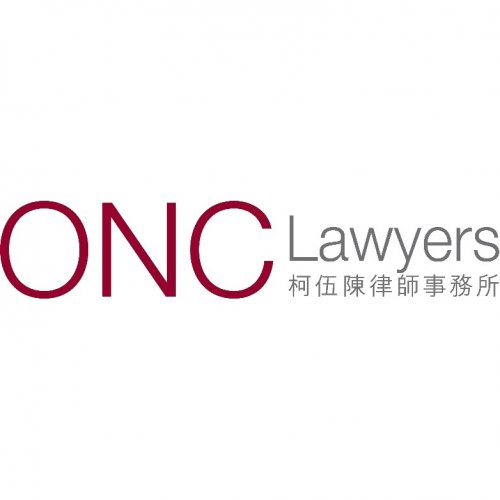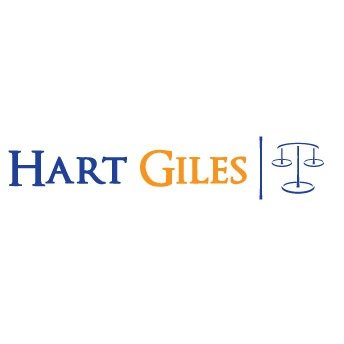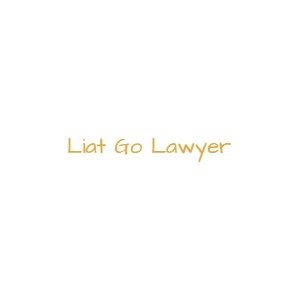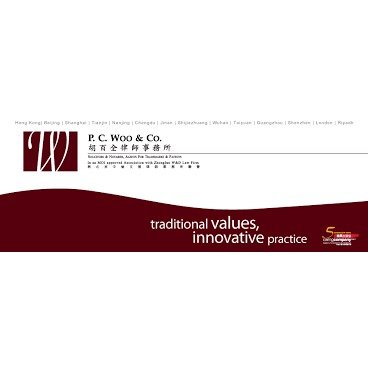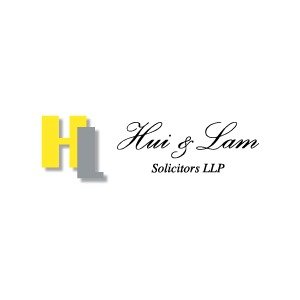Best Trusts Lawyers in Central
Share your needs with us, get contacted by law firms.
Free. Takes 2 min.
List of the best lawyers in Central, Hong Kong
About Trusts Law in Central, Hong Kong
Trusts law in Central, Hong Kong governs the creation and management of trusts, a fiduciary arrangement that allows a third party, or trustee, to hold assets on behalf of the beneficiary. Trusts can be arranged in many ways and stipulate exactly how and when the assets pass to the beneficiaries. They are used for several reasons, including estate planning, tax planning, and business structuring.
Why You May Need a Lawyer
Setting up a trust involves a complex legal process that requires the understanding and interpretation of local laws and regulations. Wrong handling can lead to financial losses and legal complications. People may need a lawyer if they want to set up a trust for estate planning, minimize taxes, set up a charity, or manage assets for minors or individuals incapable of handling their own financial affairs. Lawyers can also help trustees with trust administration, including the preparation of trust accounts and tax returns, dealing with beneficiaries, and interpreting the trust deed.
Local Laws Overview
The Trustee Ordinance and the Trustee Amendment Ordinance govern trusts in Hong Kong. These laws are designed to provide a modern legal framework for the establishment and administration of trusts. Key areas include the duties and powers of trustees, beneficiaries' rights, the rule against perpetuities, and the role of protectors. Recent amendments have modernized the rules on trusts, improved the default duties of trustees, and extended the statutory duty of care.
Frequently Asked Questions
What are common types of trusts in Central, Hong Kong?
Common types of trusts in Hong Kong include living trusts, testamentary trusts, discretionary trusts, and charitable trusts. The type of trust suitable for you depends on your specific needs and circumstances.
Can I alter or revoke a trust once it’s set up?
It depends. Some trusts, known as 'revocable trusts,' can be changed or cancelled by the individual who set up the trust. On the other hand, 'irrevocable trusts' cannot be changed or terminated without the permission of the trustee and the beneficiary.
What is a trust deed?
A trust deed is a legal document that sets out the terms and conditions of the trust, including details about the settlor, trustee, beneficiaries, and the trust assets.
Can a trust save tax?
Yes, properly structured trusts can help save on income tax, capital gains tax, and inheritance tax. However, it’s imperative to consult a legal expert to understand the potential tax implications tied to your specific situation.
How can I set up a trust?
Setting up a trust involves several steps, such as deciding the type of trust you want, choosing your trustees, identifying your beneficiaries, and drafting a trust deed. Due to the legal complexities involved, it is advisable to seek the help of a professional lawyer.
Additional Resources
The Hong Kong Trustee's Association is a non-profit organization that provides valuable resources and education related to trust matters. The Companies Registry is the government department responsible for administering and enforcing parts of the Trustee Ordinance. The Law Society of Hong Kong also publishes various guides and booklets on trust-related matters.
Next Steps
If you need legal assistance in trusts, the best next step would be to consult a professional lawyer specializing in trust law. They can help understand your specific needs, guide you through the process, and ensure legal compliance. It is advisable to prepare a list of questions and gather all the necessary information before your meeting to make the most out of your consultation.
Lawzana helps you find the best lawyers and law firms in Central through a curated and pre-screened list of qualified legal professionals. Our platform offers rankings and detailed profiles of attorneys and law firms, allowing you to compare based on practice areas, including Trusts, experience, and client feedback.
Each profile includes a description of the firm's areas of practice, client reviews, team members and partners, year of establishment, spoken languages, office locations, contact information, social media presence, and any published articles or resources. Most firms on our platform speak English and are experienced in both local and international legal matters.
Get a quote from top-rated law firms in Central, Hong Kong — quickly, securely, and without unnecessary hassle.
Disclaimer:
The information provided on this page is for general informational purposes only and does not constitute legal advice. While we strive to ensure the accuracy and relevance of the content, legal information may change over time, and interpretations of the law can vary. You should always consult with a qualified legal professional for advice specific to your situation.
We disclaim all liability for actions taken or not taken based on the content of this page. If you believe any information is incorrect or outdated, please contact us, and we will review and update it where appropriate.




